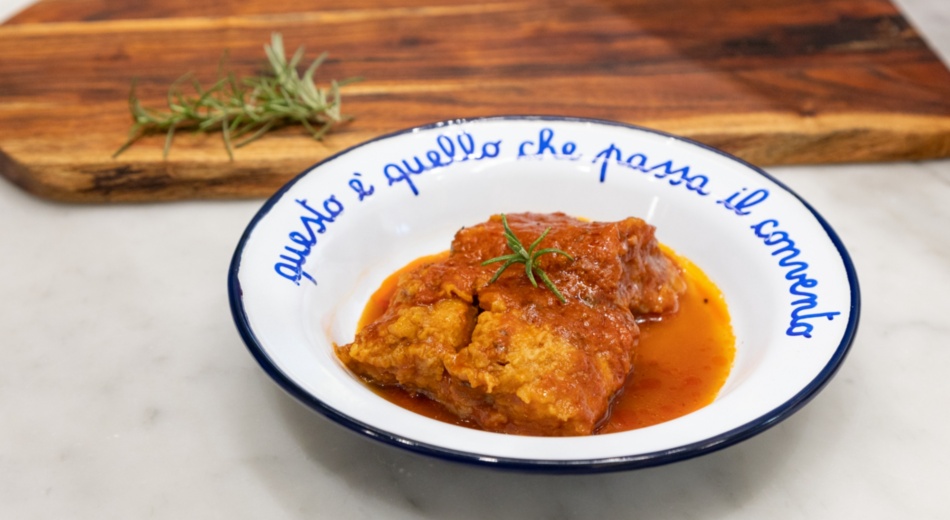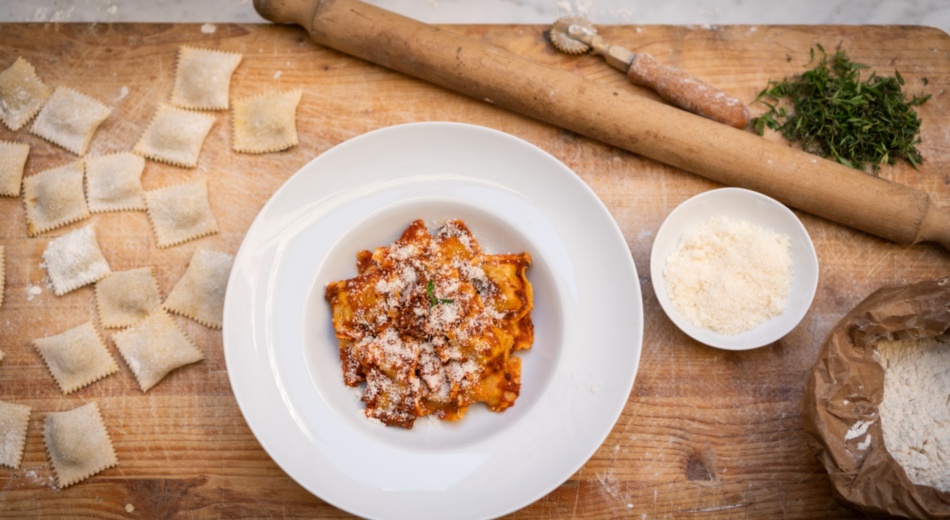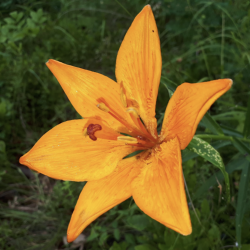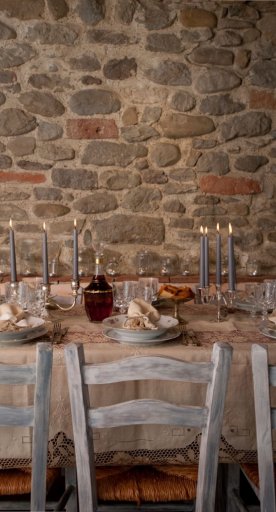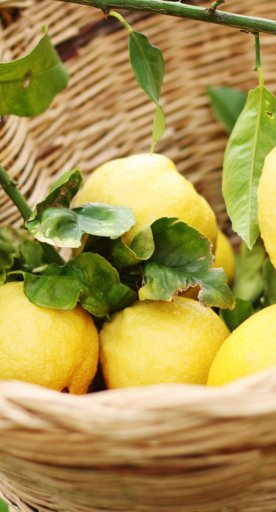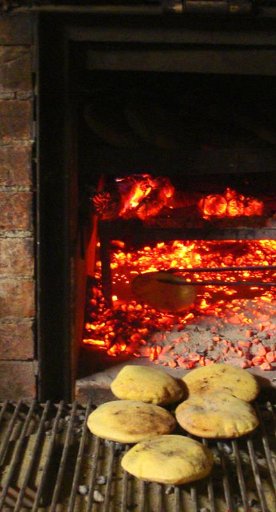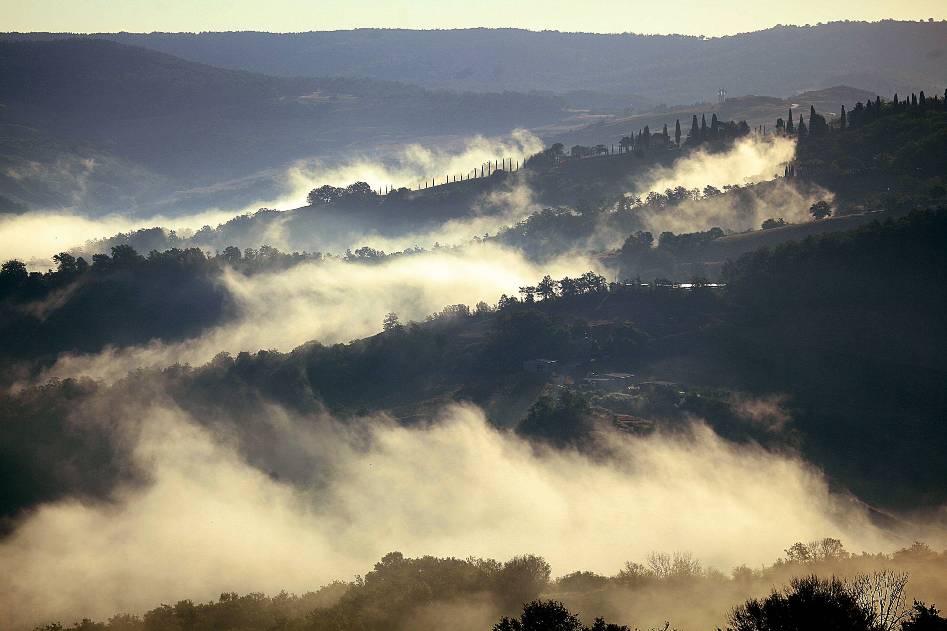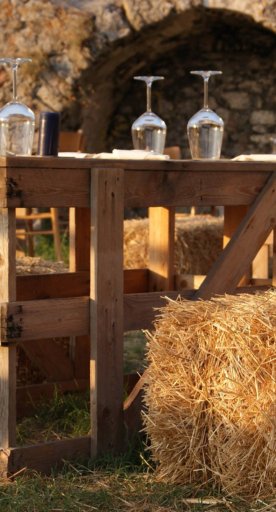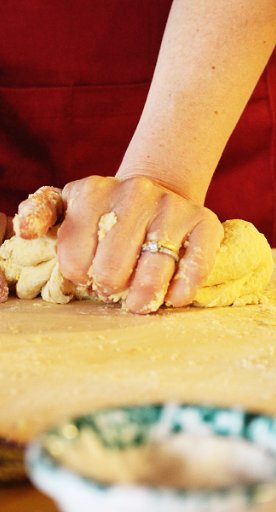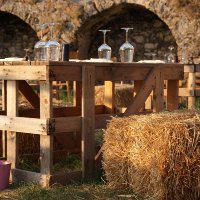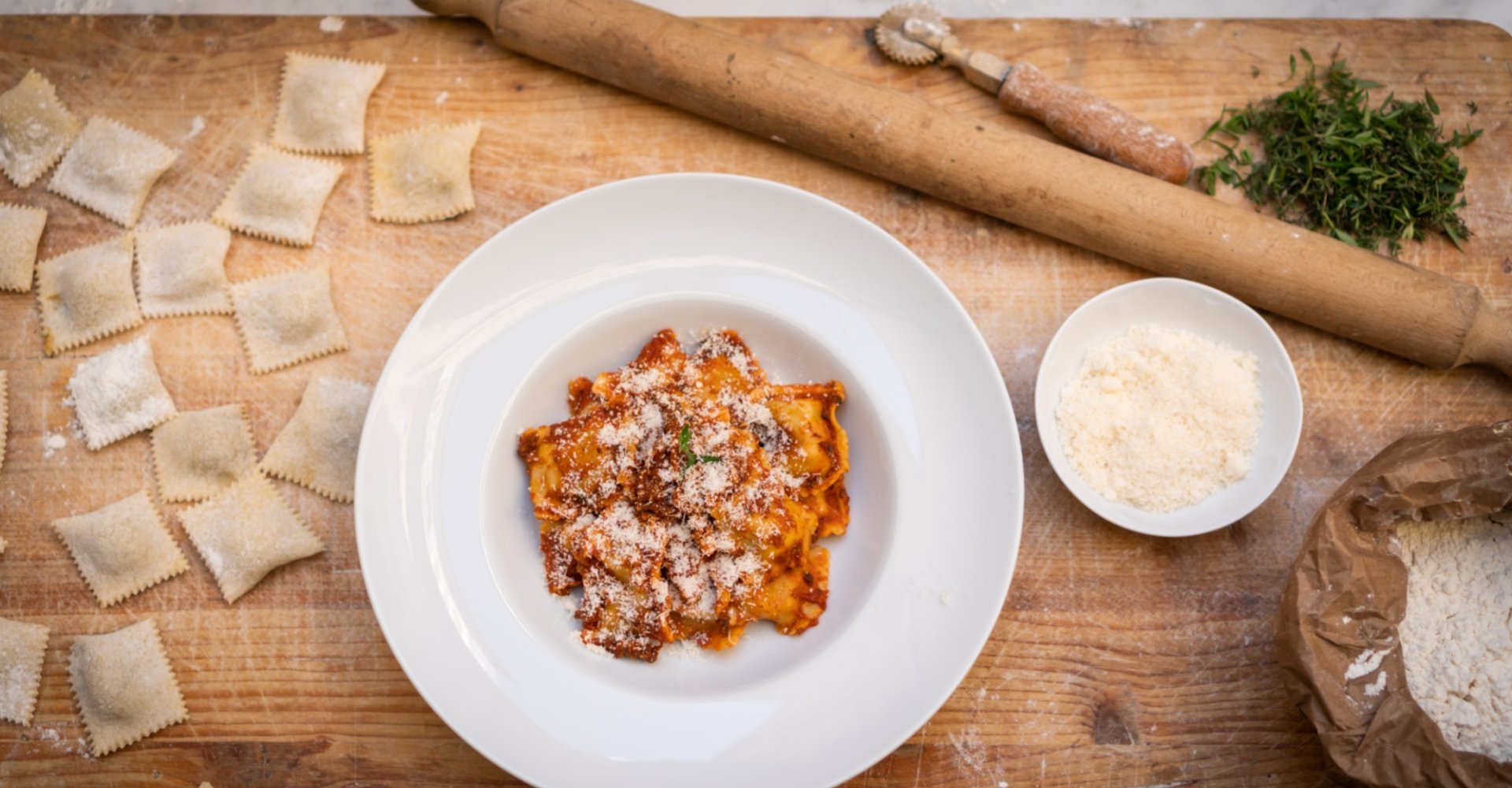

Typical winter dishes of the Apuan Riviera
Flavors, culture, traditions and gastronomic experiences. Five recipes to try.
What better way to face the winter cold than by savoring the typical dishes of the Apuan territory? Handed down for generations, to be enjoyed in many local taverns and restaurants or prepared at home.
Here are six among the tastiest and simplest recipes that combine culture and good food, tradition and typical local products of the Apuan Riviera Terra Scolpita.
-
1.Baccalà marinato
-
2.Taglierini con i fagioli
-
3.Tordelli
-
4.Cucina
-
5.Befanini
Baccalà marinato
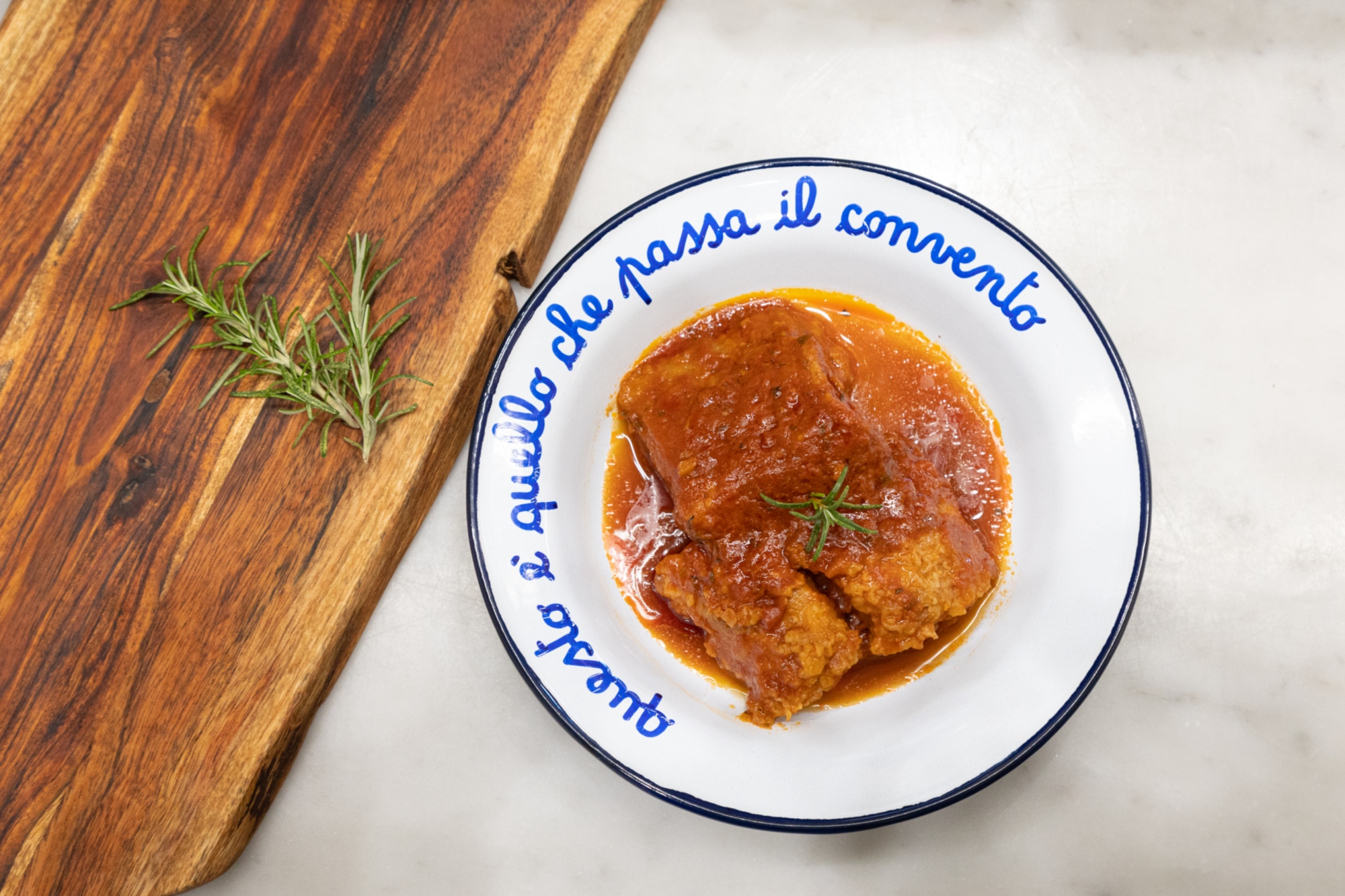
The delicious speciality baccalà marinato (marinated cod) is a fish-based dish that can be served hot or at room temperature. The main ingredient is cod preserved in salt, that must be soaked in water for two days in order to soften and lose excess salt. After this, it must be well drained and dried, cut into pieces, and passed in flour before being cooked for an hour in a pan with extra virgin olive oil. Once well cooked, the pieces are placed on a plate where the marinade will be added later. For the sauce, fry chopped parsley, garlic and rosemary, adding a little chilli. Then add crushed tomatoes, tomoato concentrate and a glass of water. As soon as it starts to boil, add white wine vinegar and a pinch of salt and cook over medium heat, allowing it to set. Then pour the sauce over the cod which will be left to marinate for a whole day before serving.
Taglierini con i fagioli
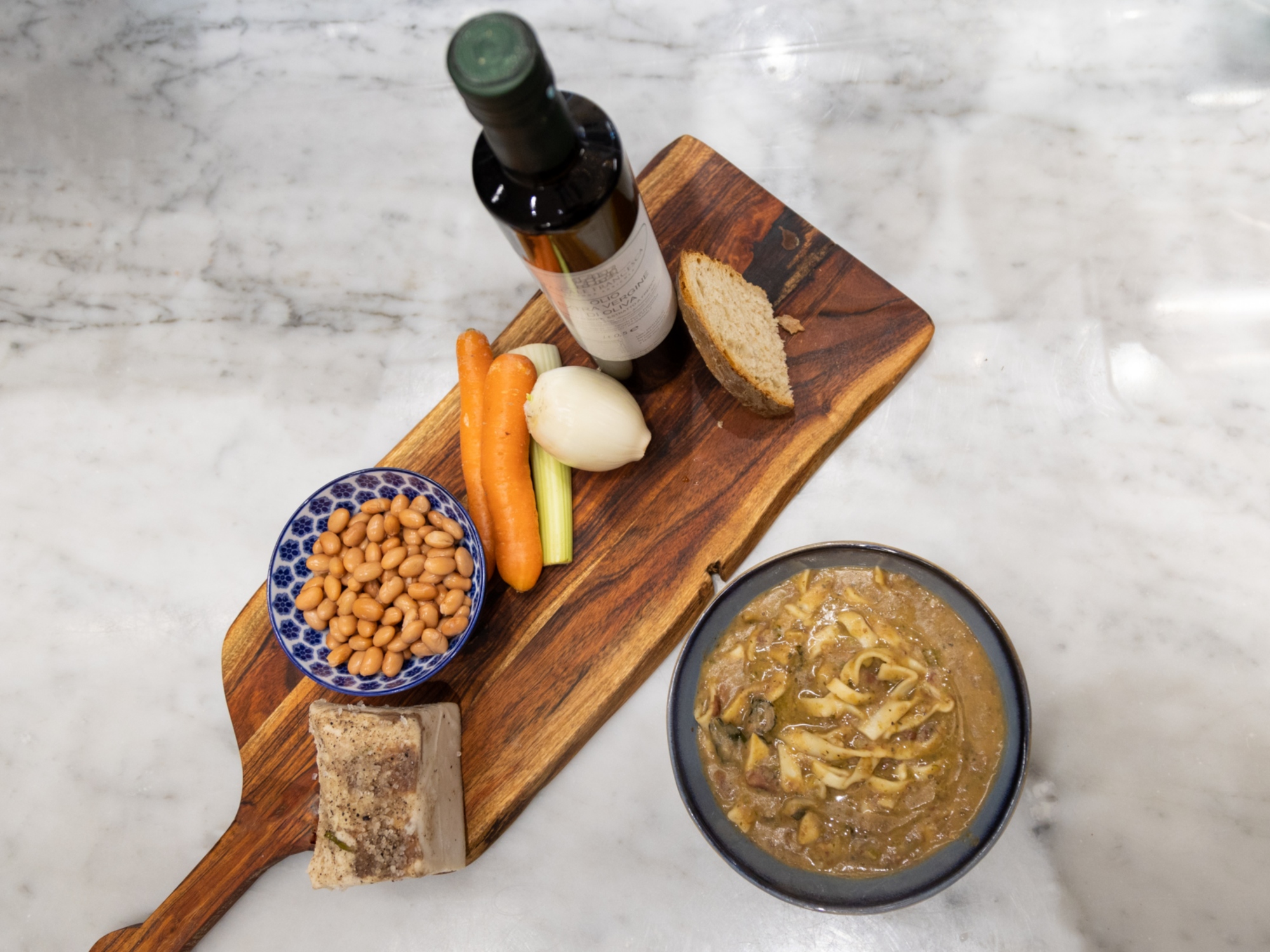
Another typical delicacy is taglierini, or tajarin in dialect, which is cooked with beans. It's a perfect dish for cold days as well as a rich and hearty meal. Historically created as a dish of cucina povera (simple cooking), prepared by farmers and miners with products made from the land. Today, taglierini are in great demand and are also served in restaurants. The pasta is prepared with a simple mixture of water and flour that is then cut al caned or al colted ccording to their thickness. The sauce is based on beans and vegetables such as cabbage, potatoes, onion, courgettes, celery and carrots which are put to boil together with lard or pork rind. Once cooked, the beans are kept apart until they are added at the end, while a cream is prepared with the remaining beans, meat and vegetables using the puree. At this point, all that remains is to put everything back on the heat and cook the tajarin directly in the soup. It can be served fresh while hot, but it's also great when cold, and is wonderful reheated the day after.
Tordelli
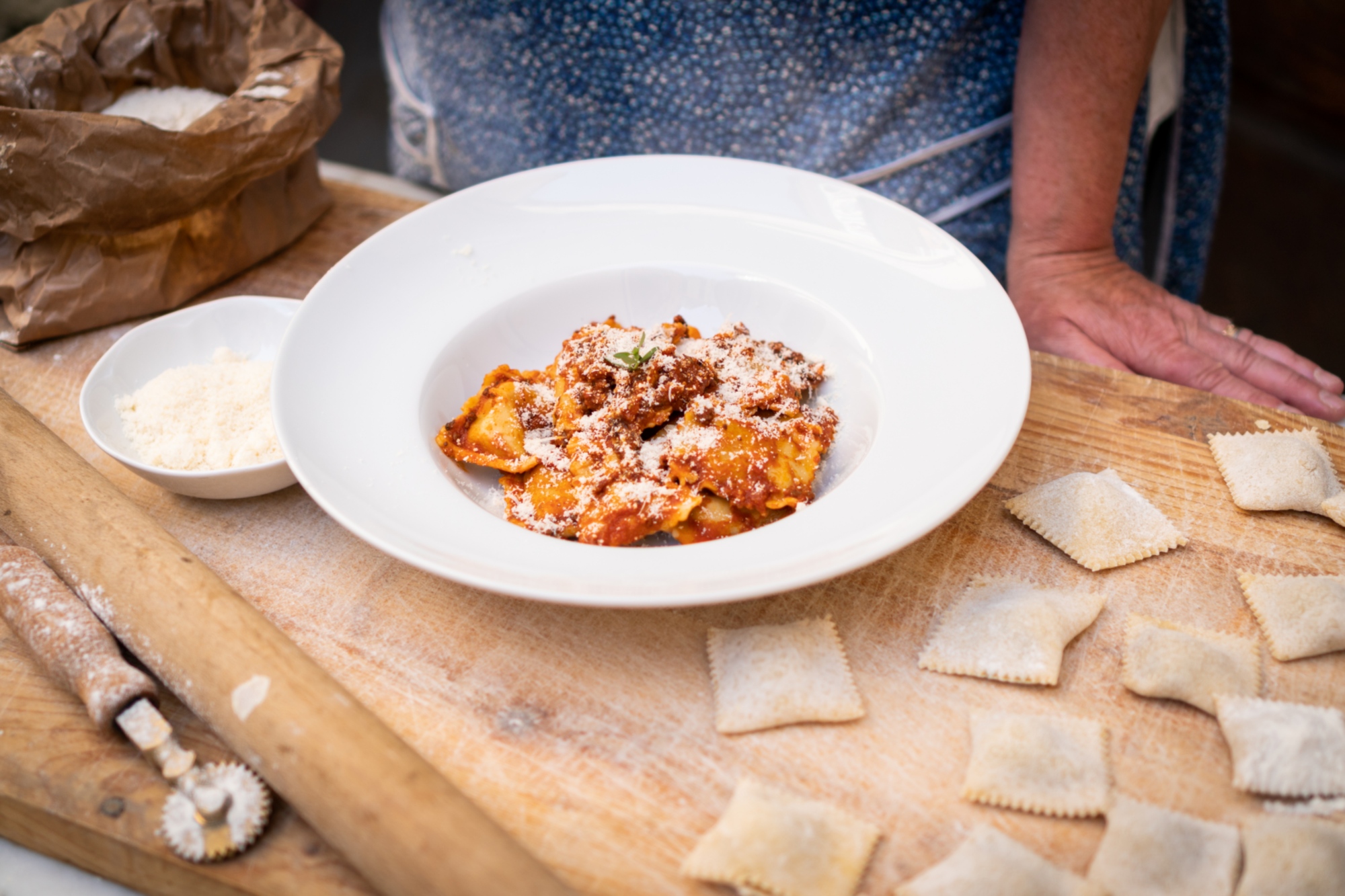
Don't miss out on apuan tordelli which are stuffed with meat and typically flavoured with ragù. The first thing to prepare is the filling with different variations possible, all of which delicious: it can be made with beef or pork, adding mortadella or cooked ham, with or without nutmeg. The essential ingredients are biete and puirin, meaning beets and thyme. Once the minced meat is browned, flavour it with garlic and parsley, add parmesan cheese and breadcrumbs soaked in milk. Then add some previously boiled and finely chopped beets together with the mortadella. Finally, add thyme, a little nutmeg, salt and pepper. Once the mixture has cooled, add the eggs which will soften it further. For the dough, mix flour, water and eggs to create a compact dough which is not too soft or too hard. Roll it out using a rolling pin or the kitchen tool specifically to roll dough. Once you have obtained a thin sheet, use a teaspoon to arrange the filling on top of the dough at regular intervals and cover with the other layer of pastry, closing it well with your fingers. At this point, we cut the part containing the filling into squares to be placed and floured on cardboard trays. For the ragù, which can be prepared fresh or pre-prepared, brown the ground beef together with chopped carrots, celery and onion, combining everything with red wine and adding chopped tomatoes at the end of cooking. Once ready, cook the tordelli and pour them into the sauce. Serve them in a deep dish and add a sprinkling of parmesan cheese.
Cucina
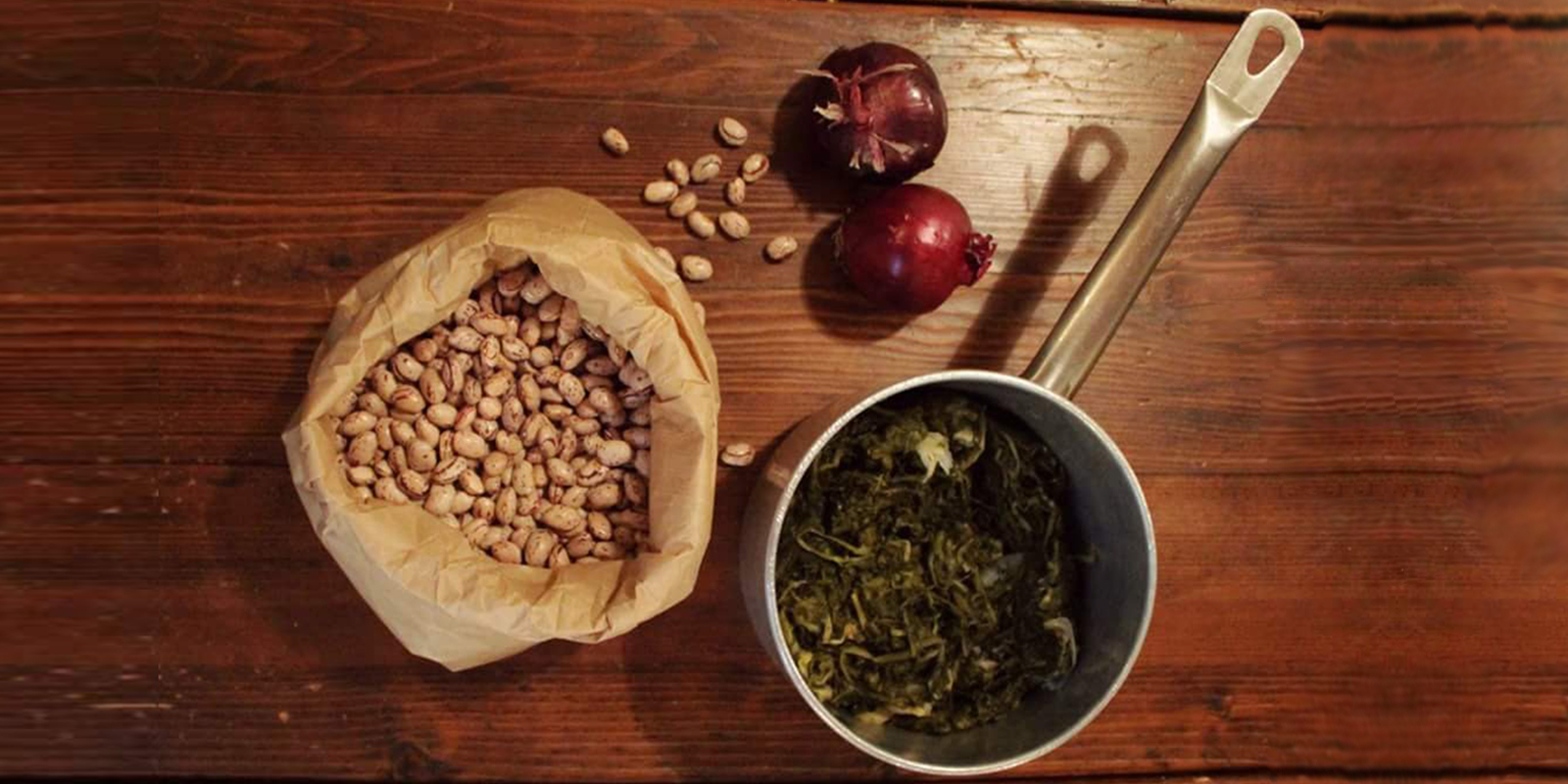
A wonderful simple dish is cucina, also known as erbi. It's prepared by gathering wild herbs that are grown during the initial cold period. It's exactly the hunt for these wild herbs where the tradition is handed down, with the knowledge passed on from generation to generation. The herbs most usually used are wild garlic, borage, wild carrot, wild fennel, lettuce, watercress, wild asparagus, plantain, sorrel, poppy, bellflower, wild leek, sow-thistle and dandelion. Once harvested, they must be carefully washed and cleaned and then cooked in a cabbage and bean soup, adding pork rind or lard, if you wish. To make the soup, simply boil the vegetables and legumes to which the herbs will be added after being blanched in boiling water. With a similar method to that of the taglierini, put aside some of the beans that will be added to the broth, and blend the rest of the vegetables. Add the cream with the herbs and broth and cook for about an hour. Serve hot with a drizzle of olive oil and pepper. We can also add a few slices of toasted stale bread.
Befanini
Last but not least are Befanini, apuan biscuits that typically served on the night of the Epiphany. This sweet and fun recipe is much-loved by little ones who would have fun helping to prepare them with various Christmas-themed molds, or better yet, in the shape of a stocking, befana, or shooting star. It's tradition to give them and exchange them between families on the night before epiphany. To prepare them, you need to first mix flour and butter together and then add sugar, yeast, lemon zest, eggs and finally a spoonful of rum or, alternatively, flavourings to create a non-alcoholic version that's also suitable for children. Mix until it's smooth and compact. After letting the dough rest for about an hour, the dough is rolled out until a thin sheet is obtained from which to make the biscuits using molds. Then soften the surface of each cookie with a brush of egg white and decorate with coloured sprinkles. Cook for 5-10 minutes in a preheated oven at 180°C. Once cooled, the cookies can be kept for several days.

